Xiang Xuan, the nephew of Marshal He Long and youngest soldier who participated in the Long March (1934-36) of Red Army, died at 97 on Friday, the Paper.cn reported on Sunday.
He died of illness in Chengdu city of Sichuan province, said the report, citing Xiang's relatives and friends and local authority in his hometown of Sangzhi county in Hunan province.
Xiang was born in 1926 in Sangzhi and his mother was the younger sister of Marshal He, one of leading generals who led China's revolutionary Red Army and the People's Liberation Army, according to a feature coverage released last year by PLA Daily, the official newspaper run by the military.
When he was two, his mother He Mangu, who led local people to attend revolutionary activities, was killed after being arrested by the enemy. During the following years, he was raised by his aunt He Ying, another local revolutionary leader, until 1933 when his aunt was attacked and injured by enemy troops.
Before being arrested, He Ying asked the 7-year-old boy to look for his uncle He Long, a then Red Army leader, leaving him a handgun, two gold rings and five silver dollars, according to the report.
When the boy met the Red Army and his uncle, he stayed and become a soldier of the Army. In 1935, under the leadership of He Long, some 17,000 soldiers began their journey of the Long March from Sangzhi county. The then nine year old Xiang became the youngest soldier of the troops.
The Long March (1934-36) was a massive military operation undertaken by the Red Army, forerunner of the PLA, to retreat from its revolutionary bases in South China and escape the encirclement and pursuit of the Kuomintang army, It involved around 86,000 troops.
In 1938, the 14-year-old Xiang went to the front line and participated in a couple of battles in Central China's Shaanxi province.
"Don't be afraid to die in battle. The more afraid you are, the more likely you will die," he said, quoted by the PLA Daily.
During the Battle of Libei in Dali, Shaanxi province, in 1948, Xiang, then an engineering company commander of the Northwest Field Army, used modified soil to blast pillboxes belonging to the enemy. However, he got seriously wounded, with his right eye becoming almost blind and becoming pierced by shrapnel in his body, according to the feature.








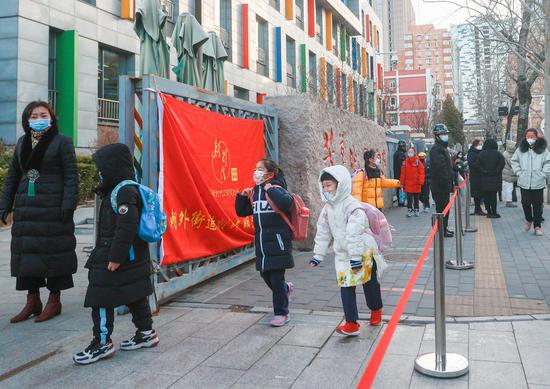









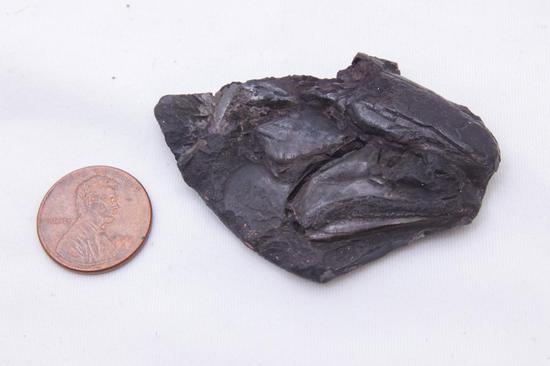


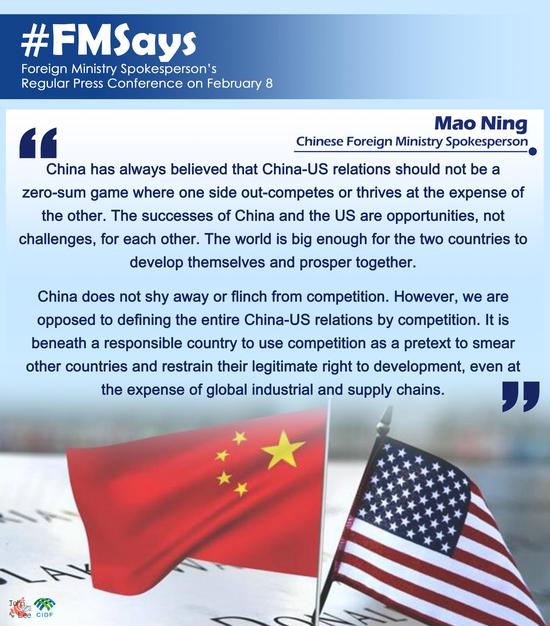




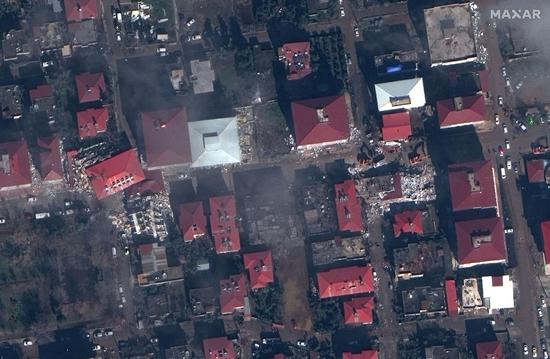
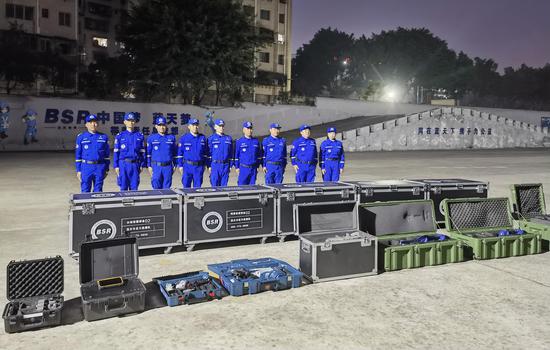
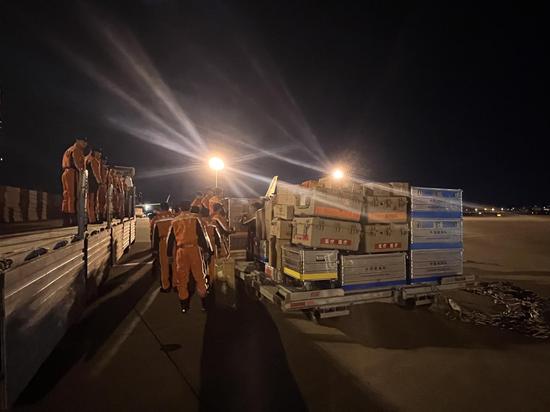

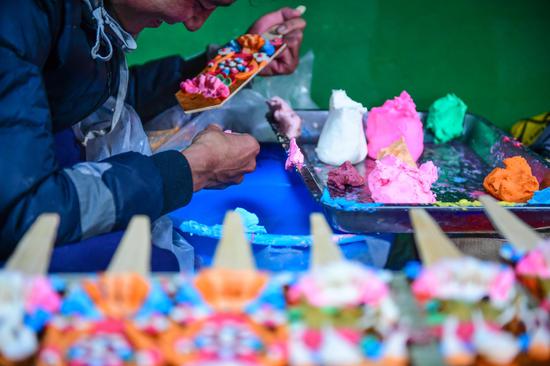

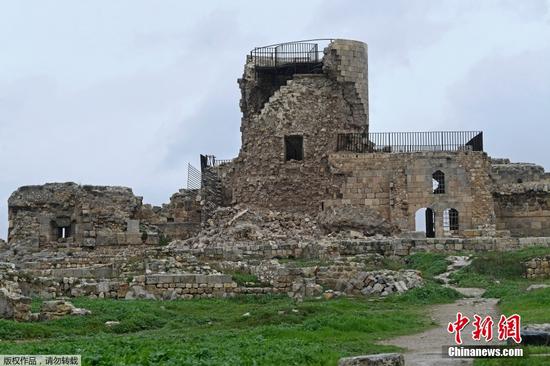



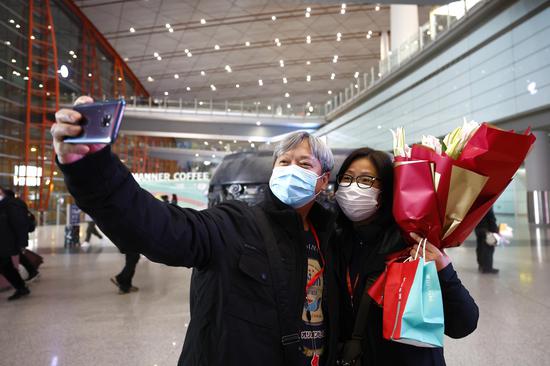






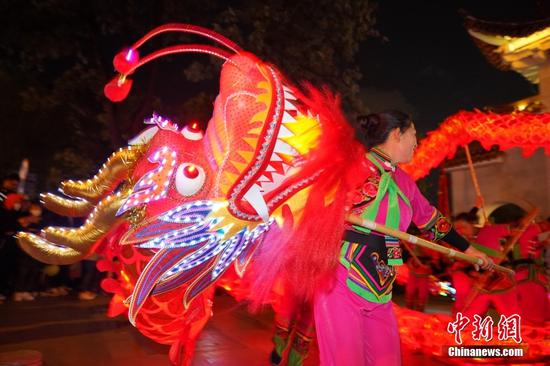
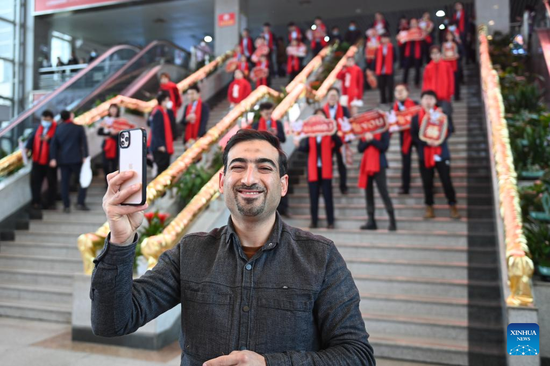





 京公网安备 11010202009201号
京公网安备 11010202009201号